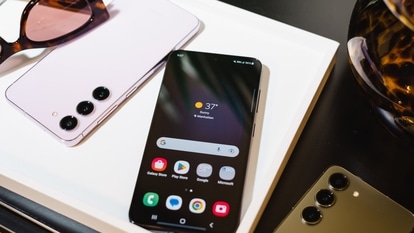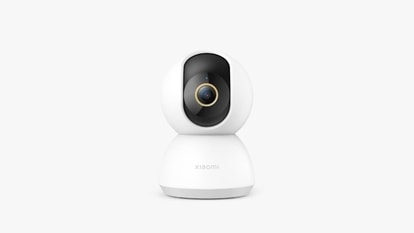Google's open sources low-bandwidth Lyra audio codec for data calls
The open-source audio codec which is also being tested in Google Duo, should consume far less data while sounding just as good as comparable codecs like Opus, according to Google.

Google on Tuesday published the code for Lyra, an open-source audio codec announced in February that relies on machine learning to power voice calls with low bitrates, which would work as a great improvement for low quality and low-speed networks, the company explained on its blog.
Voice over IP (or VoIP) is the technology that allows people to communicate with each other over the internet much in the same way that they would with a telephone, but with several improvements – such as lower bitrate audio codecs that offer decreased latency and better performance even in poor networks.
Also read: Google Duo is testing a new codec to get you better call quality even over poor connections
Google explains how Lyra works - with an encoder that captures distinctive attributes from a user's voice when they talk into their phone. These features, or speech attributes, are extracted in 40ms long chunks and then sent in compressed form over the network, the company says. The second part of the system is the decoder, which can convert these speech attributes or features down to an audio waveform that a recipient can finally play on their phone's speaker or their earphones.
Referring to developing countries like India (or what the country refers to as the Next Billion Users, or NBU) the company says that the promise to connect more people remains “elusive” and that the emergence of work from home and telecommuting have strained mobile data limits. Thanks to Lyra's machine learning abilities, raw audio can now be compressed down to 3kbps, but retain quality on the same level as other efficient codecs like Opus.
Read more: Google Doodle encourages ‘double masking' and observing social distancing
“We are releasing Lyra as a beta version today because we wanted to enable developers and get feedback as soon as possible. As a result, we expect the API and bitstream to change as it is developed. All of the code for running Lyra is open-sourced under the Apache license, except for a math kernel, for which a shared library is provided until we can implement a fully open solution over more platforms. We look forward to seeing what people do with Lyra now that it is open-sourced,” the company stated on its blog.
Catch all the Latest Tech News, Mobile News, Laptop News, Gaming news, Wearables News , How To News, also keep up with us on Whatsapp channel,Twitter, Facebook, Google News, and Instagram. For our latest videos, subscribe to our YouTube channel.


























